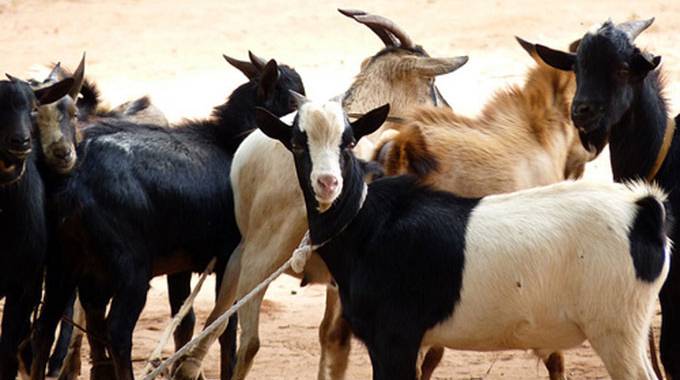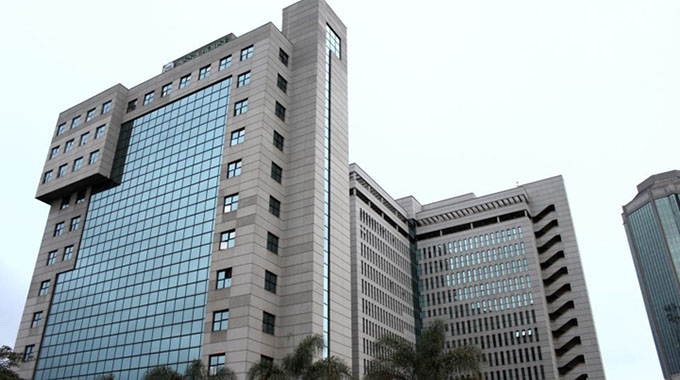Headlands Goat Breeders Association: A shining model

Sifelani Tsiko Agric, Environment & innovations Editor
The Headlands Goat Breeders Association is a thriving and shining model of a true case of farming as a business.
From just two goats in 2015, the association now boasts of 115 goats that include the Matabele, Boer, Kalahari and local goat breeds.
“We are now selling 45 to 46 goats every two months,” said Dickson Wecha, the association’s president.
“We sell them for US$50 each and we earn close to US$2500 every two months from our goat sales. The demand for goat meat is so huge and we cannot meet it. During festivals, the Muslim community often need 200 to 400 goats. We can’t meet it (demand), but I’m optimistic that we will get there one day.”
Practical Action, through the LFSP programme has supported the association to access markets, finance, extension and training service, as well as learning about financial literacy and business models.
The LSFP is part of the Improved Nutrition and Sustainable Production for increased Resilience Economic growth (INSPIRE) funded by UK’S DfID and managed by FAO.
The association has now expanded its livestock and poultry business to include turkeys, pigeons, boschveld chickens, pigs and beef cattle.
Apart from its core livestock and rearing business, the association is now offering incubation, goat breeding and animal health training services.
“We are also involved in various crop farming projects that cover biofortified maize and bean growing,” said Wecha.
“We are fighting against the donor dependence syndrome. We want our people to be self-reliant. The INSPIRE programme has also equipped us with skills on financial literacy, bookkeeping, gender empowerment and marketing.”
The association was also supporting youths who have also taken up farming, goat rearing and making aluminium pots from recycled materials. Practical Action’s INSPIRE project seeks to address constraints to productivity, marketing and the supply and demand of nutritious foods for smallholder farmers.
The project is benefiting 80 000 households in three districts of Makoni, Mutare and Mutasa.
The project started in 2010.







Comments